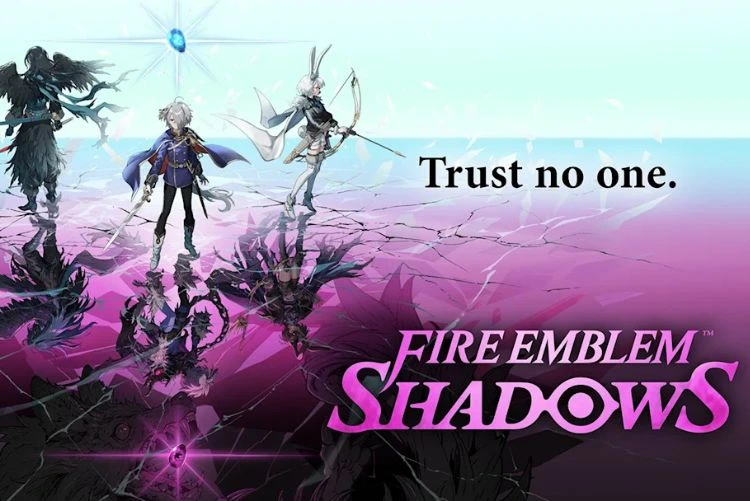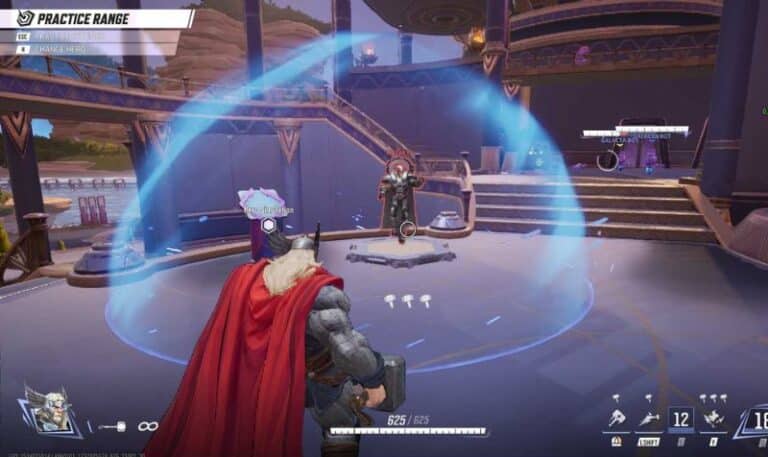What Kind of Gameplay Does Fire Emblem Shadows Have?

When Fire Emblem Shadows launched on September 25, 2025, it surprised many fans. This new entry is very different from classic Fire Emblem titles. It fuses social deduction mechanics with more passive combat. In short, it’s not the typical tactical, grid-based strategy you might expect. Let’s dive into what kind of gameplay this game offers, how it works, and where it succeeds or struggles.
The Basic Setup: Multiplayer + Traitor System
At its core, Fire Emblem Shadows is a multiplayer social deduction strategy game on mobile devices (iOS and Android).
Here’s the big twist:
-
You team up with two other players (so three total) and fight against computer-controlled enemies.
-
But… one of those three is secretly working against you. That person is aligned with the “Shadow” side. The other two are “Light” players, trying to cooperate and win.
-
After a round of battle, players vote on who they believe is the traitor. If the traitor is correctly identified, the Light side gets a bonus. If not, it can make subsequent battles harder.
-
Then there is a showdown: the traitor must be defeated in combat, or the Shadow side wins.
In sum: it’s a mix of cooperation, suspicion, and sabotage, layered over auto-style combat.
Combat: Automated with Player Choices
One of the biggest changes from traditional Fire Emblem is how little control you have over unit movement and attacks.
-
During battles, your team’s units (including your own) move and act automatically. You do not manually direct where they go.
-
Your main role is selecting which spells or abilities to use at the right moment, and sometimes choosing targets or positioning effects (push, pull, swap).
-
Many abilities have cooldowns, so timing matters. You can also use spells that move allies/enemies or swap positions. These elements give a little strategic feel.
-
There is still a “weapon triangle” or elemental advantage system: certain types of spells or weapons are more effective against certain opponents.
Because much of the battle is automated, many reviewers say that Shadows lacks the depth and tactical maneuvering that veterans of the franchise expect.
Social Deduction: Traitor and Voting
The social deduction part is meant to be the heart of the game (or at least a big differentiator). Here’s how it works in practice:
-
After a combat round among the three players, players get to vote on who they believe is the Shadow traitor.
-
If the traitor is correctly identified, Light players get health or buffs in the next round or an advantage. If not, Shadows get an advantage (for example, increased enemy strength).
-
Afterwards, the traitor must be confronted and defeated. Victory depends on defeating that traitor or avoiding detection entirely.
The idea is to build tension and mistrust. Players must balance between helping their team and not making themselves look suspicious.
However, many players complain that the traitor mechanic in Shadows feels shallow or underdeveloped:
-
Because movement is automated and battles end fast, it’s hard to sabotage convincingly without being obvious.
-
Some say that even if you’re a traitor, your options to disrupt are limited.
-
Also, the fact that rounds are short means there’s little room for complex deception or strategy.
Game Mode, Monetization & Access
-
Fire Emblem Shadows is free to start, but it includes optional in-game purchases.
-
Since it’s a mobile game, it requires a persistent internet connection.
-
As of now, it does not use the typical “gacha” (random draws for characters) system that Fire Emblem Heroes famously used.
-
It is developed by Intelligent Systems (with development support from DeNA) and published by Nintendo.
Differences from Classic Fire Emblem
If you’re familiar with older Fire Emblem games, here are key contrasts:
| Feature | Classic Fire Emblem | Fire Emblem Shadows |
|---|---|---|
| Movement control | Player moves units on the grid manually | Movement is automatic |
| Tactics | Deep positioning, terrain, unit classes | Limited positioning via spells only |
| Strategy depth | High—many options, unit builds | Light, simplified due to automation |
| Multiplayer / social | Traditionally single-player or PvE | Multiplayer with traitor mechanics |
| Monetization | One-time purchase/expansion | Free with optional purchases |
| Game pacing | Battles can last long, turn-based | Fast rounds, fewer decisions |
Because of this, some longtime fans feel that Shadows strays too far from what makes Fire Emblem unique.
What Reviewers & Players Say
Not everything is praise. Many reviews are critical:
-
GameSpot calls it “probably the worst” in the brand, lamenting how shallow and automated battles are.
-
NintendoLife describes it as “flat F2P folly with simplistic strategy and social deduction,” meaning it doesn’t offer depth.
-
On Reddit, players say the traitor system feels pointless in practice. One comment: the game feels more like falling into auto-battle with minimal choice.
-
Others note that the UI feels barebones, and matches end too rapidly to really make use of strategy.
Still, some players appreciate the novelty. The idea of combining Fire Emblem with a deception mechanic is bold, if flawed.
Is This Gameplay Good or Not?
That’s subjective, but we can weigh pros and cons:
👍 Strengths
-
The social deduction twist gives Shadows a fresh angle nobody expected from Fire Emblem.
-
It’s easy to get into: battles are fast, rules are simple, and you don’t need to learn deep tactics to play.
-
Because movement is automatic, casual players may find it less intimidating.
-
The traitor mechanic adds tension and unpredictability in multiplayer matches.
-
No heavy gacha system is a good thing for players who dislike that monetization model.
👎 Weaknesses
-
Lack of control: classic Fire Emblem fans will miss tactical positioning and manual movement.
-
Shallow strategy: Many reviewers feel there isn’t enough depth in decision-making.
-
Fast rounds limit space for complex plans or deception.
-
Traitor mechanics may feel too simplistic or ineffective in practice.
-
Some players feel it doesn’t feel like a “real” Fire Emblem game.
Fire Emblem Shadows offers something new and surprising for the series: social deduction + semi-automated combat. It’s a bold experiment, but one that doesn’t quite land for everyone.
If you’re a fan who loves complex strategy, it might feel too light and unsatisfying. But if you’re curious about trying a new Fire Emblem style or enjoy multiplayer deception games, it’s worth a shot, especially as a free mobile experience.
In short, not your distinctive Fire Emblem, but interesting to see where Nintendo will take it from here.






